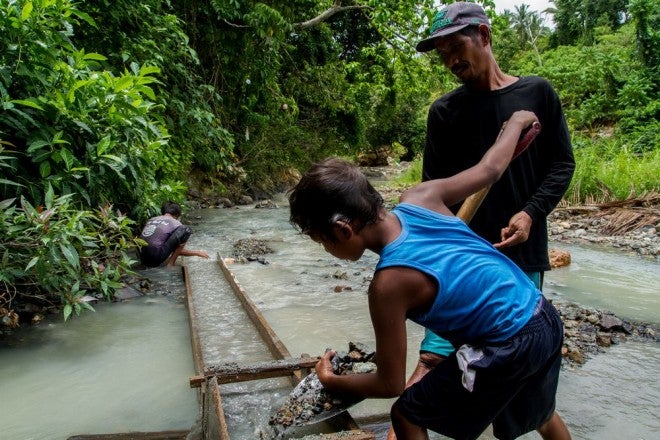International aid agency World Vision has raised serious concerns over a number of beauty products that are likely containing ingredients sourced through child labor.
In its latest report titled “The High Price of Beauty,” World Vision highlighted that even cruelty-free products may not be exempt from this issue, as they often include ingredients procured through child labor.
The report indicated a troubling trend of increasing child labor since 2016, where children are forced or coerced to work, often to support their families or after being trafficked.
Approximately 30 percent of cosmetic ingredients are derived from either mined or agricultural commodities, and with the rise of the natural beauty industry, the demand for agricultural inputs has also surged.
“While the demand and cosmetic companies’ profits are increasing, so is the risk of child labor,” said Daniela Buzducea, Partnership Lead for Advocacy and External Engagement at World Vision.
The group called on the public to take action by urging their governments and beauty companies to implement improved traceability and supply chain legislation.
The report warned that an estimated 140 million children will still be trapped in child labor by 2025, if measures are not taken seriously.
“This is not a zero-sum game. This is a world where the number of vulnerable children has increased dramatically. The protective systems around children have become so frail and there is an urgent need for immediate improvement of supply chain systems for cosmetic ingredients, in order to make a life of difference for millions,” said Buzducea.
World Vision said consumers have the power to exert pressure on companies to responsibly source their ingredients, which could help address the root causes of child labor.
“It’s a shared responsibility and we’re calling on companies to introduce total traceability and reduce their reliance on intermediaries. Turning a blind eye to the reality of where some of their ingredients have come from will not erase the consequences,” said Buzducea.









